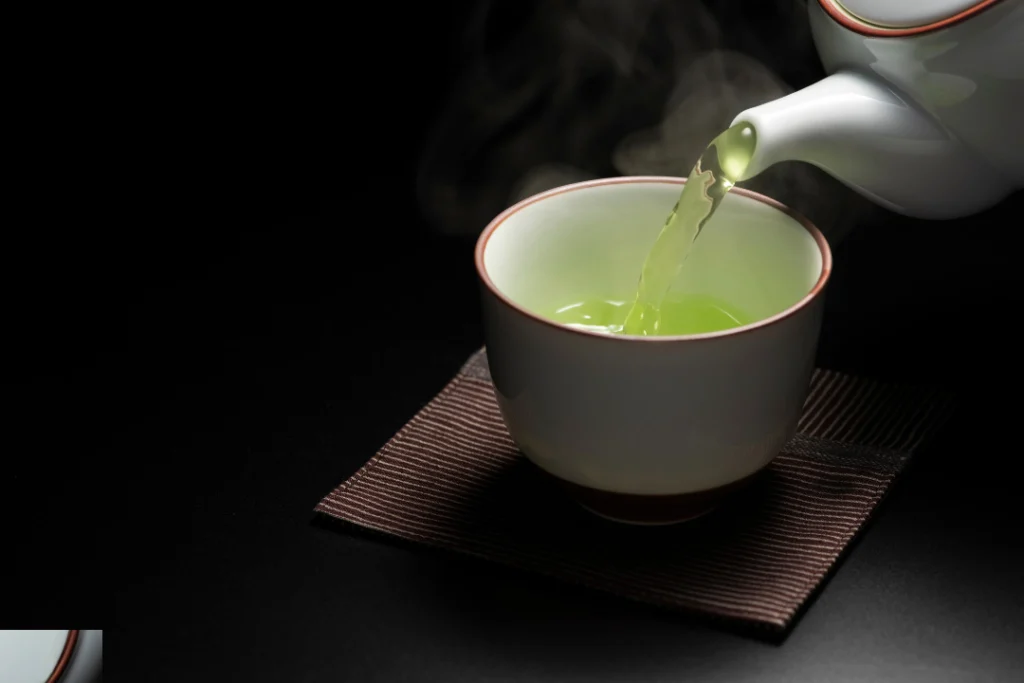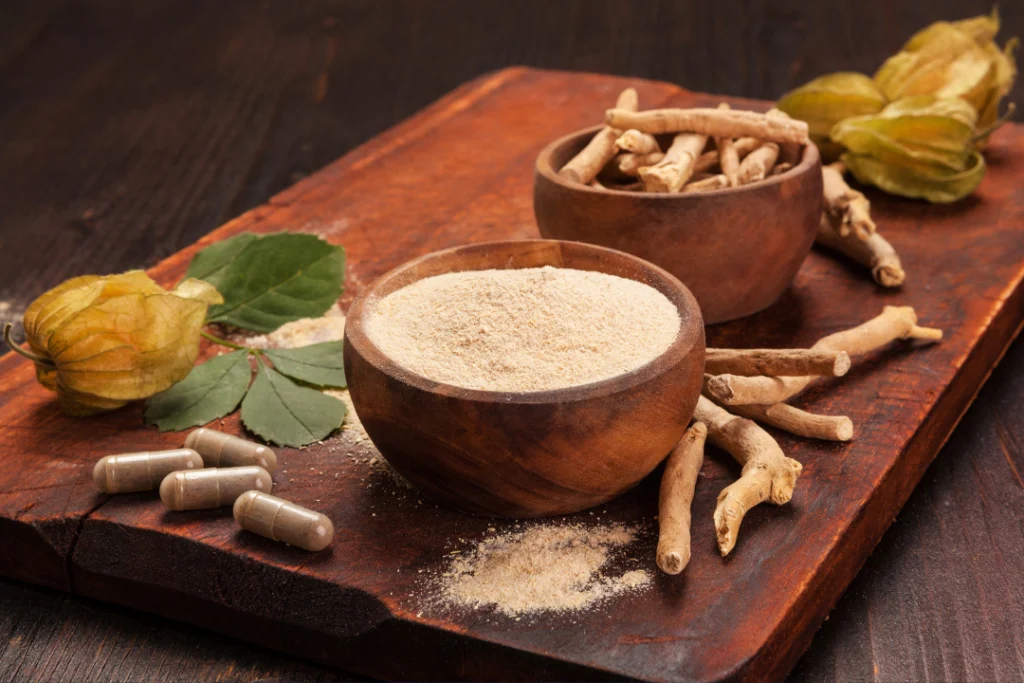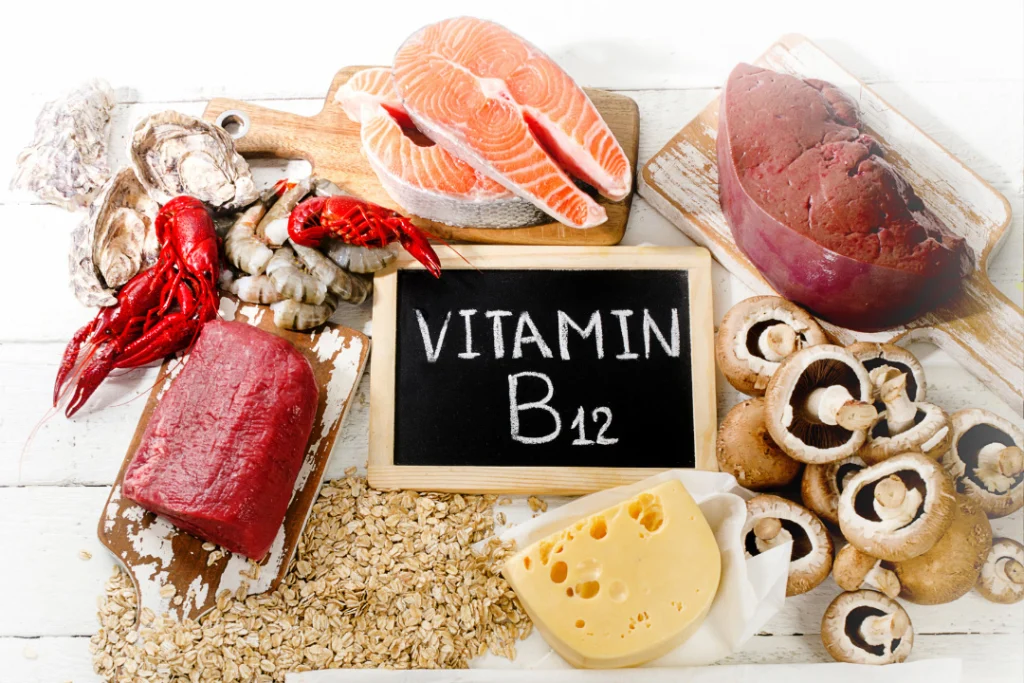Nootropics, or ‘smart drugs,’ have become popular in recent years as a convenient way to boost energy, brain power, and productivity; however, certain smart drugs come with significant side effects. We’ll cover five great ingredients that can boost your brain power without major nootropics side effects.
Is it smart to take “smart drugs?” Non-medical users of ADHD drugs looking to boost cognitive function may wonder. Though still very much in vogue – especially among college students worldwide – nootropics are known to be linked to some potentially serious side effects. Adderall, for example, can cause hypertension, raised heart rate, depression, seizures, and even cardiac death; another so-called “study drug,” Ritalin, can cause cardiomyopathy, stroke, aggression, seizures, and visual disturbance.
You May Also Like:
Supplements For Sanity: Mushrooms For Mental Health
7 Great Superfoods for Increased Mental Clarity and Focus
With that in mind, you want to be careful in selecting the right nootropic treatment for you and choose ingredients that maximize your mind’s capabilities while minimizing negative nootropics side effects that could imperil your health. Below, we’ve listed five of the most effective and healthiest ones for your brain optimization needs. So, keep reading to discover the best ingredients in the nootropic market to boost brain power and keep your mind and matter fine-tuned.
5 Great Ingredients to Boost Your Brain Power Without Nootropics Side Effects is an original (NootropicsPlanet) article.
Ingredient #1 without nootropics side effects:
L-Theanine
L-theanine, an amino acid found in green tea leaves, is widely used as a relaxing agent. Indeed, research has shown that “L-theanine significantly increases activity in the alpha frequency band of the brain, which indicates that it relaxes the mind without inducing drowsiness.” This increase of alpha waves in the brain not only raises the brain’s serotonin, dopamine, and GABA levels but also elevates visual attention and improves reaction time. A 2011 study corroborates this, showing its ability to enhance and increase focus levels; more importantly: “there are no reported side effects,” apart from nausea and gastrointestinal irritation from over-consumption of green tea.

Ingredient #2 without nootropics side effects:
Ashwagandha
Ashwagandha is an ancient herbal medicine used for centuries to boost energy and reduce stress. It is also known to have a cognition-promoting effect, improving immediate and overall memory by promoting dendrite formation in the brain. This is facilitated through ashwagandha’s ability to moderate hypothalamic-pituitary-adrenal (HPA) axis activity – the body’s stress response, thereby reducing the stress hormone cortisol.
In turn, this allows you to maintain homeostasis and establish “a sense of presence and focus.” A double-blind, placebo-controlled crossover study shows that this process improves virtually all areas of cognitive function, including concentration and decision-making. Furthermore, similar to L-theanine, ashwagandha has minimal side effects.

Ingredient #3 without nootropics side effects:
Panax ginseng
Panax ginseng is a herbal supplement that helps promote neuroplasticity in the brain. Animal studies have shown it to have cognition-enhancing effects. Among humans, research indicates Panax ginseng’s ability to improve overall cognitive functioning, including learning; it may also promisingly act as a neuroprotective agent – though further research is needed. Furthermore, side effects are considered minor, with diarrhea, vomiting, and insomnia in limited cases.
Ingredient #4 without nootropics side effects:
Shilajit
Research into shilajit, a tar-like substance found in the Himalayas, indicates many promising procognitive attributes. In particular, it’s effective in improving the brain’s longevity and helping prevent cognitive disorders like Alzheimer’s. Shilajit’s primary active compound, fulvic acid, has antioxidant properties that help prevent general cell damage and reduce inflammation in the brain.
Furthermore, fulvic acid is essential in keeping cells healthy and slowing cognitive decline.
This is because fulvic acid has been shown to block tau protein self-aggregation, which is the molecule linked with neurodegenerative diseases, including Alzheimer’s. Side effects are minimal, although excessive use of Shilajit may cause allergic reactions.
Ingredient #5 without nootropics side effects:
Vitamin B12 (from methylcobalamin)
Methylcobalamin is a bioactive form of vitamin B12. Naturally occurring but also produced in supplement form, methylcobalamin is a “key player in the function and development of brain and nerve cells.” Vitamin B12 is also essential for cognitive function; its deficiency can raise concentrations of the amino acid homocysteine, leading to an increased risk of cognitive disorders such as dementia.
Methylcobalamin helps break down homocysteine, reducing the risk of brain atrophy and improving overall cognitive performance. Indeed, a 2013 study found that Vitamin B12 had both neuroprotective and neuro-enhancing properties and helps prevent irreversible structural brain damage, especially in the elderly. Side effects are minimal and include headaches, nausea, and fatigue.

The premier nootropic supplement without nootropics side effects:
Evolvere QUANTUMiND
One Nootropic supplement combines these natural ingredients into a healthy and effective product: Evolvere QUANTUMiND. QUANTUMiND comes in three products: QUANTUMiND Classic, QUANTUMiND Gold, and QUANTUMiND Non-Stim. Their use of L-Theanine, ashwagandha, Panax ginseng, shilajit, and vitamin B12 (from methylcobalamin) in their formula – mixed in with other beneficial ingredients such as alpha-GPC, which promotes memory and learning functions, and L-Tyrosine, which influences mood by producing dopamine – offers next-level cognitive optimization.
It does include stimulants, but Evolvere QUANTUMiND is carefully designed to balance the energy boost with “calm alertness” so you can reach a “flow state.” In short, it is designed to affect you with smooth energy, leaving you in the perfect middle “between stimulation and relaxation.” Each respective QUANTUMiND has a unique effect and is part of a carefully planned regimen that not only increases your mental acuity while reducing anxiety but also improves and maintains long-term brain health. Overall, with QUANTUMiND, you are utilizing a system to achieve “next-level cognitive function” with increased overall health benefits.
Putting it all together:
Be smart
So, are ‘smart drugs’ smart to take? The benefits of productivity, mental sharpness, and increased focus make a strong case for taking them. However, it is important to seek natural ingredients with minimal negative nootropics side effects. Ultimately, in the world of modish “smart drug” use, one must still remember to be smart with their choices.
Further Reading for Additional Reference:
National Library of Medicine: Nootropics as Cognitive Enhancers: Types, Dosage and Side Effects of Smart Drugs
Forbes: Rewire Your Brain: Why Silicon Valley’s Richest Are Investing in Trendy ‘Smart Drugs’
Live Science: Do nootropics and brain boosters work, and are they safe?
Important Note: The information contained in this article is for general informational purposes only, and should not be construed as health or medical advice, nor is it intended to diagnose, prevent, treat, or cure any disease or health condition. Before embarking on any diet, fitness regimen, or program of nutritional supplementation, it is advisable to consult your healthcare professional in order to determine its safety and probable efficacy in terms of your individual state of health.
Regarding Nutritional Supplements Or Other Non-Prescription Health Products: If any nutritional supplements or other non-prescription health products are mentioned in the foregoing article, any claims or statements made about them have not been evaluated by the U.S. Food and Drug Administration, and such nutritional supplements or other health products are not intended to diagnose, treat, cure, or prevent any disease.


